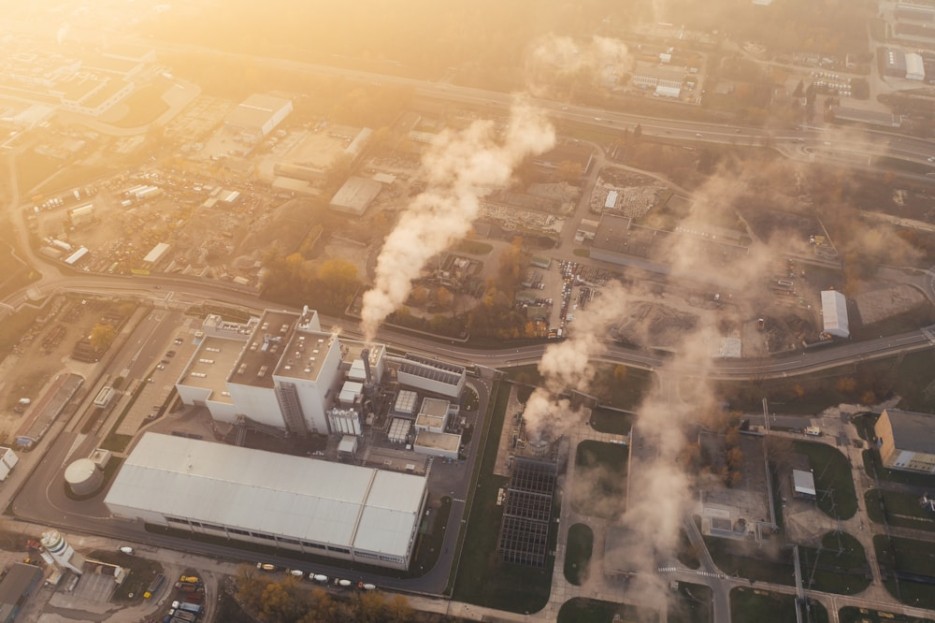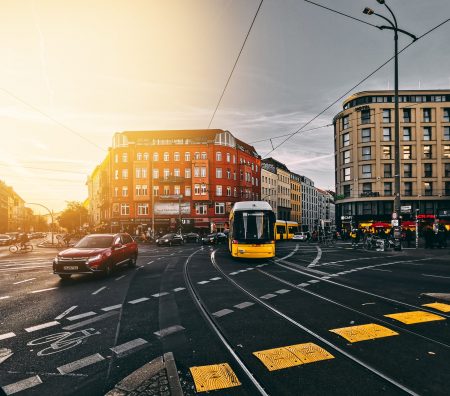
In a landmark decision this week, Members of the European Parliament (MEPs) have greenlit sweeping reforms aimed at fostering a more sustainable and resilient gas market within the European Union (EU). The approved directive and regulation on gas and hydrogen markets signify a pivotal step towards decarbonising the EU’s energy sector while bolstering its capacity to integrate renewable gases and hydrogen.
These measures come as a response to pressing challenges, including the imperative to reduce greenhouse gas emissions and fortify energy security amidst geopolitical tensions, notably the ongoing conflict between Russia and Ukraine. Negotiations between MEPs and the Council on the directive centred on key provisions concerning transparency, consumer rights, and measures to assist vulnerable populations facing energy poverty.
In a resounding endorsement, the Plenary adopted the directive with 425 votes in favour, 64 against, and 100 abstentions. The directive is set to usher in a new era of transparency and accountability in the gas market while affirming the EU’s commitment to combating climate change.
The accompanying regulation, adopted with 447 votes in favour, 90 against, and 54 abstentions, represents a significant strengthening of mechanisms aimed at ensuring fair pricing and stable energy supply. Notably, the regulation empowers member states to enact measures limiting gas imports from Russia and Belarus, thus mitigating potential disruptions to energy supplies.
Crucially, the legislation introduces a joint gas purchasing system to streamline procurement processes and minimise competition among member states. Additionally, a pilot project spanning five years will be implemented to bolster the EU’s burgeoning hydrogen market, laying the groundwork for a more sustainable energy future.
Moreover, the regulation prioritises investments in hydrogen infrastructure, particularly in regions historically reliant on coal, thereby facilitating a smooth transition towards cleaner energy sources such as biomethane and low-carbon hydrogen. By promoting innovation and investment in sustainable energy solutions, the EU aims to chart a course towards a greener, more resilient future.





